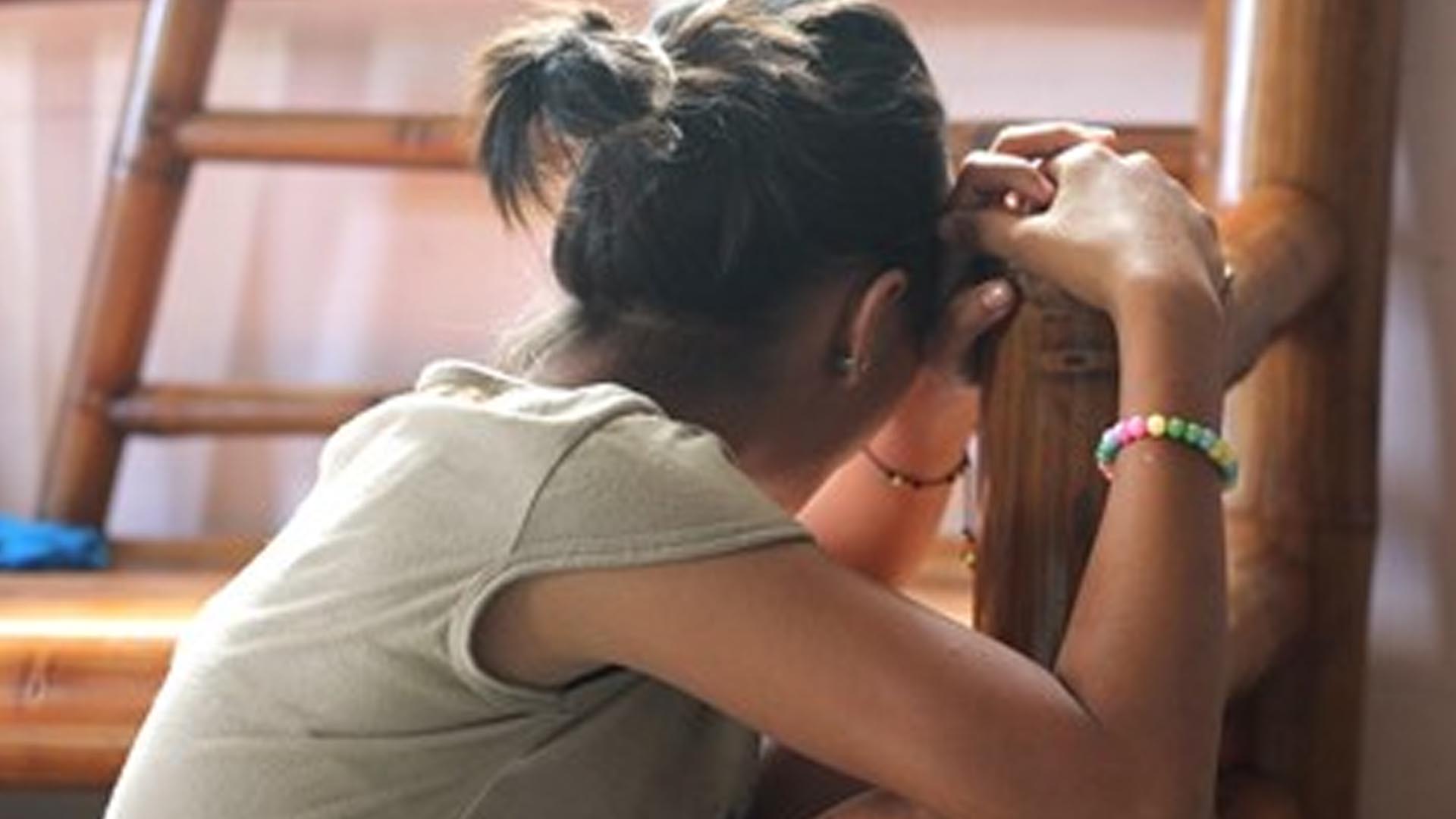Child-focused agency World Vision raises its concern about reports published by the Philippine Online Student Tambayan (POST) about students selling sensual photos and videos online using specific hashtags. Reports also showed that students also held a “Christmas sale” of what appeared to be sexual exploitation materials encouraging buyers to “help” raise funds for their distance learning needs such as tuition, Internet connection and tech gadgets.
“Every child or learner deserves to be safe and protected from any form of sexual abuse or exploitation, even at this difficult time of the pandemic,” says World Vision National Director Rommel V. Fuerte. “World Vision calls on relevant government agencies and key stakeholders to protect children from OSEC by all possible means,” Fuerte added.

Amid the community quarantine, the Department of Justice (DOJ) – Office of Cybercrime reported that online sexual exploitation of children (OSEC) reports tripled during March to May 2020 (relative to the same period in 2019).
Based on World Vision’s COVID-19 rapid impact assessment report in the Philippines, the study also found out that 92% of households surveyed said their livelihoods were disrupted, 61% of which are fully and severely affected by the pandemic. Loss of income is forcing parents/caregivers to take drastic measures, as 3% of respondents said they will send their children to work (which could include high risk jobs).

World Vision also stressed the need for the Inter-Agency Council Against Child Pornography and the Inter-Agency Council Against Trafficking, led by the Department of Social Welfare and Development (DSWD) and DOJ respectively, to conduct thorough investigation of the reported cases, and to apprehend the perpetrators including the takedown of harmful social media accounts and online sites.
“While we are after the criminal offenders, we also need to ensure the provision of appropriate support to the children who have been lured by this rising trade involving minors,” says Jezreel Hannah Domingo, Child Protection Manager of World Vision.

“Our educational system should also ensure that child protection committees in all schools are established and learners have access to information on cyber-safety including responsible use of social media and mechanisms to report incidents of abuse,” Domingo added.
The Department of Education (DepEd) also expressed concern about the issue and is already conducting its investigation. They are also calling on schools to strengthen their child protection committees to help identify and report child abuse and exploitation cases.
Early last year, World Vision, in partnership with DepEd launched the Abutin Na10 campaign which aimed to raise resources to support its distance learning modalities as part of the larger implementation of the department’s Basic Education Learning Continuity Plan.
Lawmakers including the Senate and the House of Representatives are also urged to prioritize and address the gaps in the current legal framework to strengthen the teeth against OSEC in the Philippines.
Local government units must ensure that their local councils for the protection of children and Violence against Women and Children Desks are in place and remain functional to address child protection concerns in their localities.
“We call on the parents and caregivers to safeguard their children from online harm. Teaching their kids about online safety and encouraging them to reach out whenever they feel uncomfortable can go a long way. Also, we urge the public to always be vigilant and if there are suspicions of OSEC in the communities, report to proper authorities. Truly it takes all of us to end OSEC,” said Rommel Fuerte.
Report incidents of child abuse and sexual exploitation through the following:
Inter-agency Council Against Trafficking
Call: 1343 (in Manila); 02 1343 (outside Metro Manila)
Report online: www.1343actionline.ph
Philippine National Police (PNP) Hotline Patrol, Anti-Cybercrime Group
Call: 911, (02) 722-0650
Text: 0917-847 5757
Philippine National Police, Anti-Cybercrime Group
Report online: angelnet.ph
Email: [email protected]
National Bureau of Investigation, Cybercrime Division
Call: (02) 523 8231 to38 (local 3454, 3455)
Email: [email protected]
Department of Justice, Office of Cybercrime
Call: (02) 523 0628, (02) 521 8345, (02) 524 2230
Email: [email protected]
Inter-agency Council Against Child Pornography
Report Online: http://www.iacacp.gov.ph/report-to-us-2/
Or go to the nearest barangay BCPC, VAWC and local Social Welfare Office








